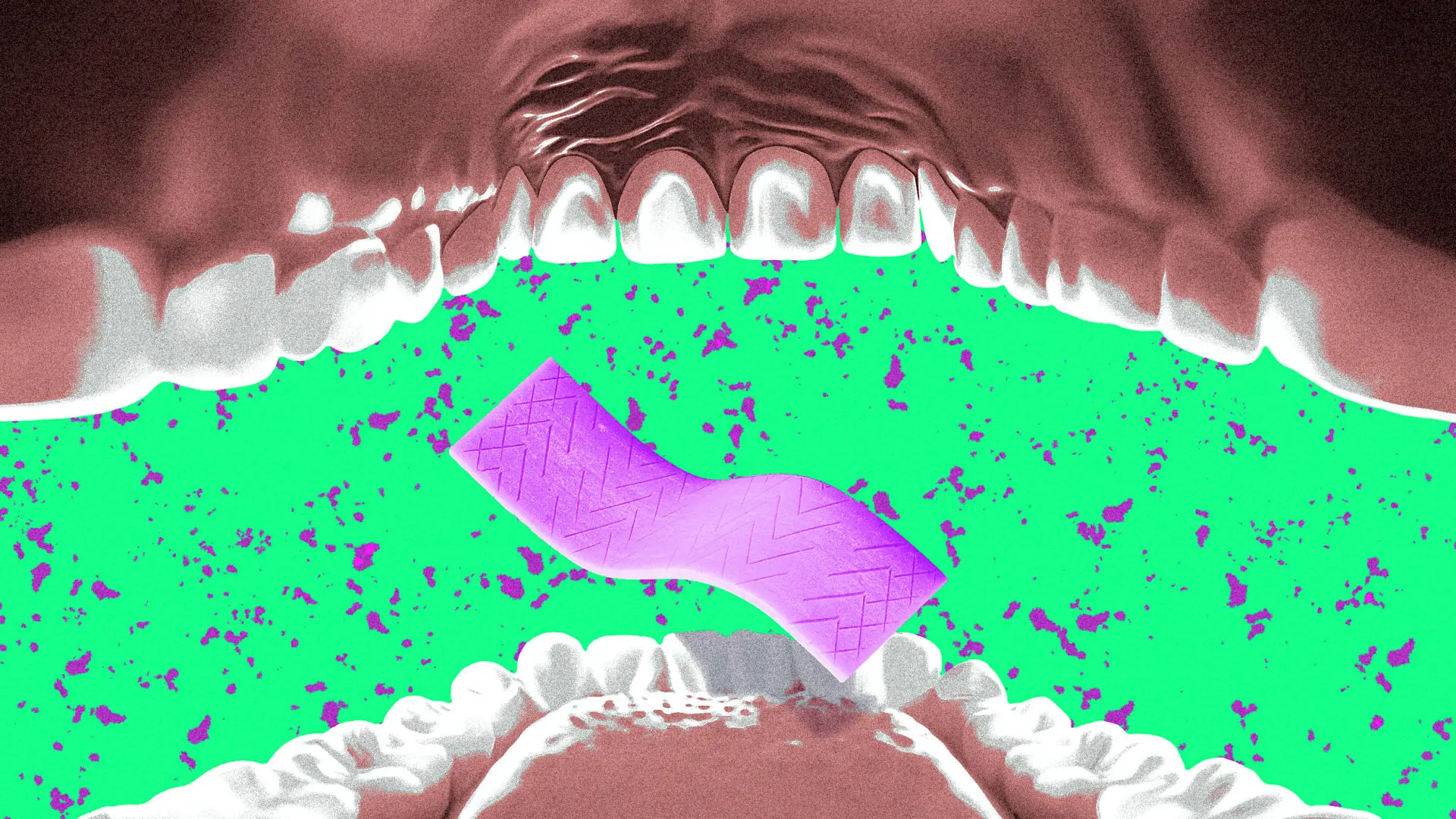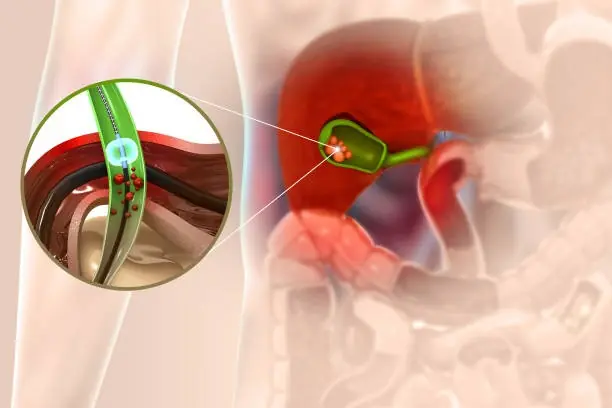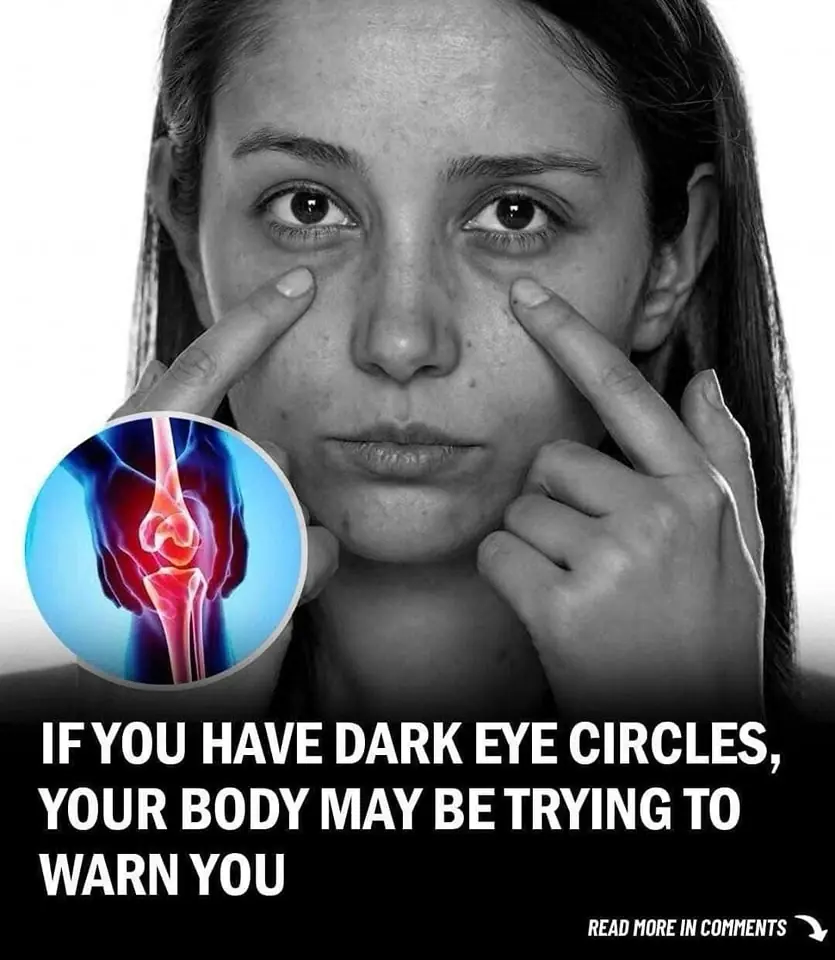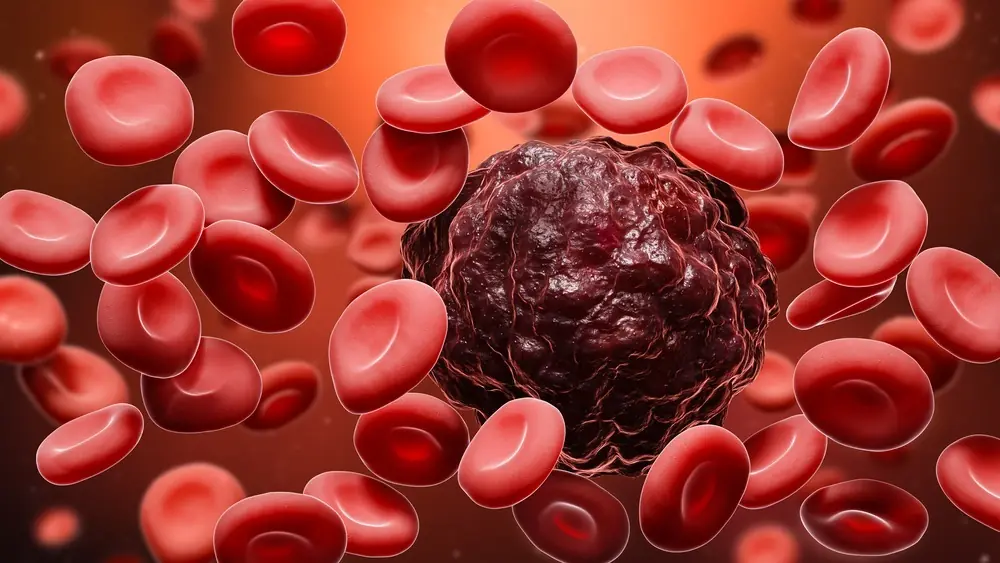
Signs You’re Lacking in Vitamin D and How to Get More To Boost Your Immunity
Vitamin D, often called the “sunshine vitamin,” plays a vital role in maintaining strong bones, a healthy mood, and—perhaps most importantly—a well-functioning immune system. Despite its importance, vitamin D deficiency is surprisingly common, especially among people who live in areas with limited sunlight or spend most of their time indoors. Understanding the signs of deficiency and how to increase your intake can significantly improve your overall health and immune function.
One of the earliest and most common signs of vitamin D deficiency is frequent illness or infections. Vitamin D helps regulate the immune response, and low levels can make you more vulnerable to viruses and bacteria. If you find yourself catching colds, the flu, or other infections more often than usual, a lack of vitamin D could be one of the reasons.
Another major sign is fatigue or low energy. Even if you’re getting enough sleep, a vitamin D deficiency can leave you feeling constantly tired or sluggish. This happens because vitamin D plays a role in energy production at the cellular level. When your body doesn’t have enough of it, your energy levels can suffer.
Bone and back pain are also commonly associated with vitamin D deficiency. Vitamin D is essential for calcium absorption, which is necessary to keep bones strong. A lack of vitamin D can lead to bone weakening, increased risk of fractures, and chronic back pain.

In addition, mood changes, particularly symptoms of depression or anxiety, may be linked to low vitamin D levels. Several studies have shown a connection between vitamin D deficiency and mood disorders, especially during the winter months when sun exposure is reduced.
Slow wound healing, muscle pain, and hair loss can also be signs of low vitamin D, though these symptoms may be less obvious and can be attributed to other causes. Still, if you're experiencing several of these issues at once, it might be worth checking your vitamin D levels through a simple blood test.
So how can you boost your vitamin D levels to strengthen your immunity and overall well-being?
The most natural way is sunlight exposure. Your skin produces vitamin D when it’s exposed to ultraviolet B (UVB) rays from the sun. Spending around 10–30 minutes in the sun a few times per week, with face, arms, and legs exposed, can be enough for many people. However, the amount of sunlight needed depends on factors like skin tone, location, and the time of year. People with darker skin or those living in northern latitudes may need more sun exposure to produce the same amount of vitamin D.
Food sources of vitamin D are also helpful. Although few foods contain high amounts naturally, some of the best sources include fatty fish (like salmon, mackerel, and tuna), cod liver oil, egg yolks, and fortified products such as milk, orange juice, and cereals. Including these foods in your diet regularly can contribute to better vitamin D levels.
When sunlight and diet aren’t enough—especially during the winter months—vitamin D supplements can be a reliable option. They come in two main forms: D2 and D3, with D3 generally being more effective at raising and maintaining vitamin D levels. It’s important to take supplements under medical supervision to avoid taking too much, which can be harmful.
In conclusion, vitamin D is crucial for a strong immune system and overall health. Recognizing the signs of deficiency—like frequent illness, fatigue, bone pain, and mood changes—can help you take early action. Through a combination of sunlight, a vitamin D-rich diet, and supplementation if necessary, you can boost your levels and strengthen your immunity, especially in times when your body needs it most.
News in the same category


Chewing Gum Releases Microplastics Into Saliva – Even Natural Gums Are Not Safe, Study Finds

STUDY SHOWS SWITCHING TO PERSONAL CARE PRODUCTS WITHOUT CERTIAN PRESERVATIVES TURNS BREAST CANCER GENES OFF IN 28 DAYS

Study finds that eating one common 'superfood' could cut Alzheimer's disease risk by almost 50%

Side Effects and Dietary Recommendations Post Gallbladder Surgery

Signs You May Be Living With High-Functioning Anxiety

How to Know if You Have Fibromyalgia + 8 Natural Approaches to Relieve

Dark eye circles might be a subtle health warning

Could This 3D-Printed ‘Electronic Glove’ Keep Your Heart Beating Forever?

The Amount Of Time You Spend Peeing Could Be A Warning Sign For Bigger Health Issues

Scientists may have finally developed pill to cure deadly disease with 90% mortality rate

Man Shares His 'Proof' of Life After Death and the Seven 'Stages' of the Afterlife

Dental Expert Reveals the Top Two Brushing Mistakes That Lead to Yellow Teeth

They Hid This From Seniors: It Unclogs Arteries INSTANTLY!

This Secret Herb Can Heal 20 Diseases

Research shows that individuals who took psilocybin experienced significant enhancements in emotional empathy.

New Study Investigates Why Vaping Could Be More Dangerous Than Smoking

Disturbing X-ray Shows Creatures Breeding Inside Man's Body After Everyday Kitchen Mistake

Foods you should not eat every day because they can easily cause diabetes

New Study Reveals Hidden Dangers Lurking in Your Bottled Water
News Post

7 Warning Signs of Liver Damage You Shouldn’t Ignore

Chewing Gum Releases Microplastics Into Saliva – Even Natural Gums Are Not Safe, Study Finds

STUDY SHOWS SWITCHING TO PERSONAL CARE PRODUCTS WITHOUT CERTIAN PRESERVATIVES TURNS BREAST CANCER GENES OFF IN 28 DAYS

Study finds that eating one common 'superfood' could cut Alzheimer's disease risk by almost 50%

I Became a Burden to My Father after I Lost the Ability to Walk

I Was Stunned When the Teacher Said All the Kids Talked about How Amazing My Husband Was on Father's Day, I'm a Widow

Side Effects and Dietary Recommendations Post Gallbladder Surgery

I Bought a Vintage Blazer at a Thrift Store for My Mom, But the Note Inside Revealed a Secret She Kept for 40 Years

Signs You May Be Living With High-Functioning Anxiety

How to Know if You Have Fibromyalgia + 8 Natural Approaches to Relieve

Dark eye circles might be a subtle health warning

Could This 3D-Printed ‘Electronic Glove’ Keep Your Heart Beating Forever?

My Neighbor Drove over My Lawn Every Day as a Shortcut to Her Yard

The Amount Of Time You Spend Peeing Could Be A Warning Sign For Bigger Health Issues

On the Day I Was Supposed to Marry the Love of My Life I Saw Her Leaving Town With My Father

Entitled Guest Demanded a Free Table at 'Her Friend’s' Restaurant — Too Bad I Was the Owner

Scientists may have finally developed pill to cure deadly disease with 90% mortality rate

I Lost My Wife and Shut the World Out—Then an Orphaned Boy Opened My Heart Again

My Mom Avoided Me for Years—I Decided to Surprise Her Without Warning and Was Shocked by What She'd Been Hiding
